Theorem on Friends and Strangers; Why in Any Party of Six People, Either at Least Three of Them Are Mutual Friends, or at Least Three of Them Are Mutual Strangers
Por um escritor misterioso
Last updated 20 setembro 2024
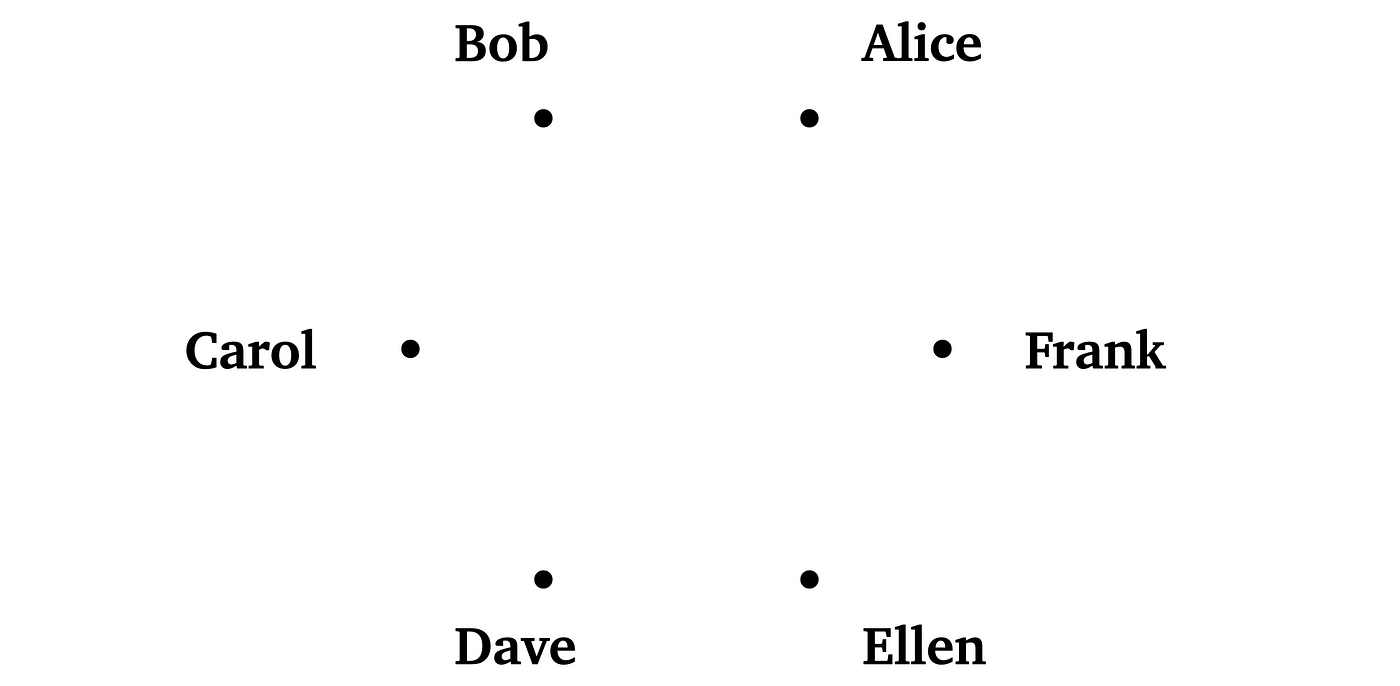
Let’s take a look at Alice first. To her, each one of the other five (Bob, Carol, Dave, Ellen, and Frank) is either a friend or a stranger. Suppose Bob, Dave, and Frank are friends to Alice, and…

Ramsey's Theorem: Friends and Strangers

Theorem on Friends and Strangers. Ramsey Theory and Graham's Number, by Francesco Di Lallo

Theorem on Friends and Strangers. Ramsey Theory and Graham's Number, by Francesco Di Lallo

The Friendship Theorem - You Always Have 3 Friends Or 3 Strangers At A Party

The Friendship Theorem - You Always Have 3 Friends Or 3 Strangers At A Party

Theorem on Friends and Strangers. Ramsey Theory and Graham's Number, by Francesco Di Lallo
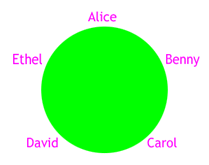
Dinner Party Problem – Math Fun Facts
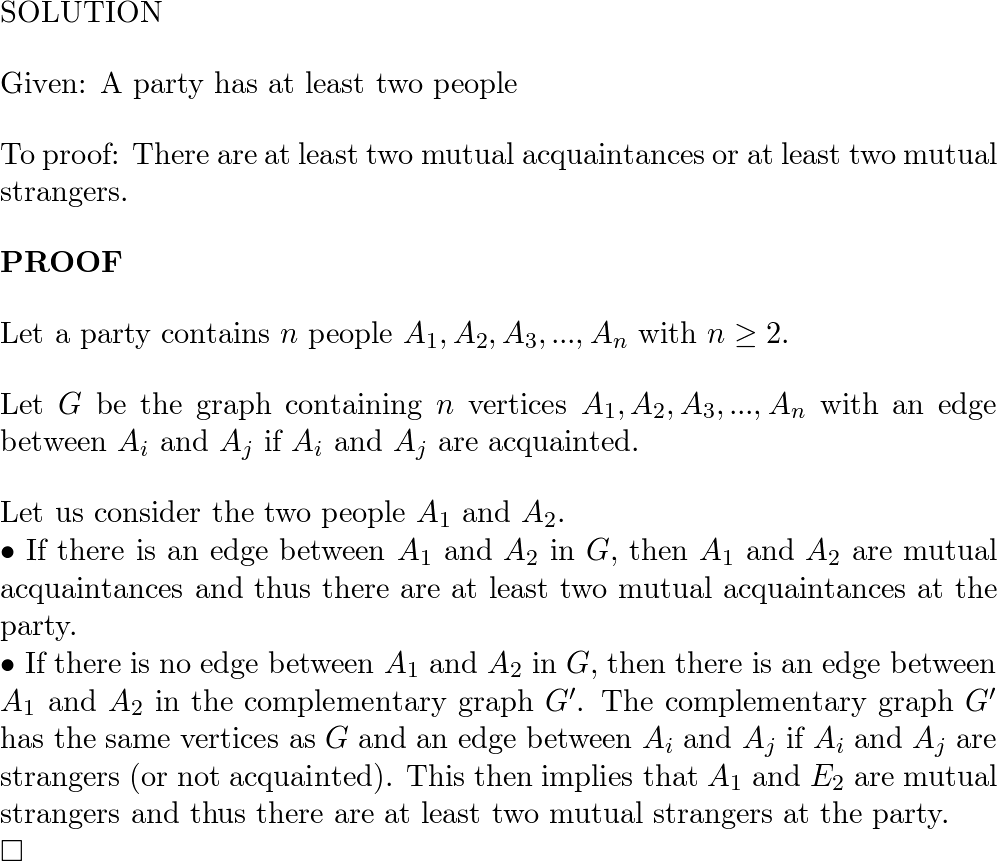
Show that at a party with at least two people, there are at
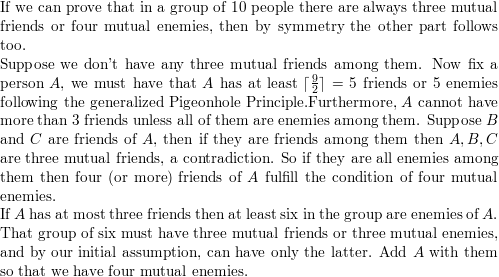
Show that in a group of 10 people (where any two people are
How to prove: at a party of six people either there are three mutual acquaintances or there are three mutual strangers - Quora
Recomendado para você
-
 Strangers can become best friends just as easy best friends can become strangers.20 setembro 2024
Strangers can become best friends just as easy best friends can become strangers.20 setembro 2024 -
 Strangers. Friends. Best friends. Lovers. Strangers Stranger quotes, Love anniversary quotes, Lovers quotes20 setembro 2024
Strangers. Friends. Best friends. Lovers. Strangers Stranger quotes, Love anniversary quotes, Lovers quotes20 setembro 2024 -
 strangers -> friends -> best friend -> lovers -> s20 setembro 2024
strangers -> friends -> best friend -> lovers -> s20 setembro 2024 -
Friends and Strangers by J. Courtney Sullivan: 9780525436478 | : Books20 setembro 2024
-
From Strangers to Friends: The Magic of Community Building and Fostering Connections20 setembro 2024
-
 How does a best friend become a complete stranger?20 setembro 2024
How does a best friend become a complete stranger?20 setembro 2024 -
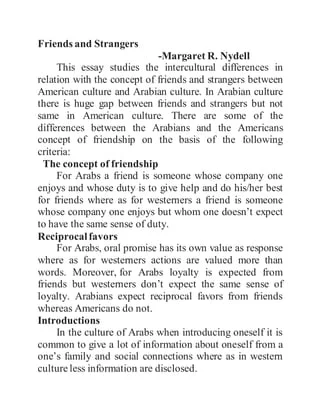 Friends and strangers20 setembro 2024
Friends and strangers20 setembro 2024 -
 Strangers Can Become Best Friends Life lesson quotes, Stranger quotes, Lesson quotes20 setembro 2024
Strangers Can Become Best Friends Life lesson quotes, Stranger quotes, Lesson quotes20 setembro 2024 -
 Friends and Strangers' by J. Courtney Sullivan book review - The Washington Post20 setembro 2024
Friends and Strangers' by J. Courtney Sullivan book review - The Washington Post20 setembro 2024 -
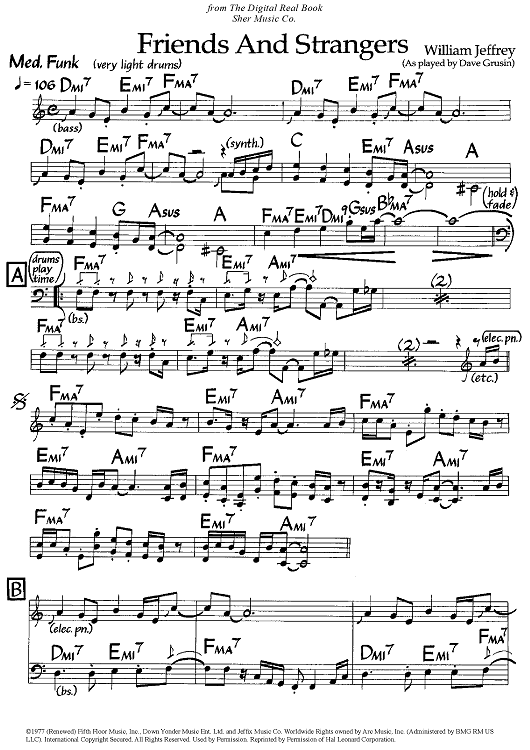 Friends And Strangers - C Instruments" Sheet Music for Lead Sheet - Sheet Music Now20 setembro 2024
Friends And Strangers - C Instruments" Sheet Music for Lead Sheet - Sheet Music Now20 setembro 2024
você pode gostar
-
Bolo Maquiagem! - Meu Pote Gourmet20 setembro 2024
-
 Fruits Basket 2 Temporada Dublado - Episódio 5 - Animes Online20 setembro 2024
Fruits Basket 2 Temporada Dublado - Episódio 5 - Animes Online20 setembro 2024 -
 Calaméo - Livro - Xadrez20 setembro 2024
Calaméo - Livro - Xadrez20 setembro 2024 -
 EMD Cast #86: Review – Mirai Nikki20 setembro 2024
EMD Cast #86: Review – Mirai Nikki20 setembro 2024 -
 Michael Jackson in New York: From Apollo Theater to Studio 5420 setembro 2024
Michael Jackson in New York: From Apollo Theater to Studio 5420 setembro 2024 -
 How attract Rock Pokemon. Best Recipe Cooking Guide for Pokemon Quest20 setembro 2024
How attract Rock Pokemon. Best Recipe Cooking Guide for Pokemon Quest20 setembro 2024 -
 All New, Returning and Leaked Characters in Street Fighter 620 setembro 2024
All New, Returning and Leaked Characters in Street Fighter 620 setembro 2024 -
 Fuufu Ijou, Koibito Miman. Chapter 64: It's All Summer's Fault.20 setembro 2024
Fuufu Ijou, Koibito Miman. Chapter 64: It's All Summer's Fault.20 setembro 2024 -
 Os pênaltis da Copa do Mundo 2022: quem acertou e quem errou as20 setembro 2024
Os pênaltis da Copa do Mundo 2022: quem acertou e quem errou as20 setembro 2024 -
 WW2 Toy Soldier Figures American vs German Army Battle Playset (50 pcs) - World War 2 Building Block Toy Military Set US and German Armies, Weapons, Sand Bags20 setembro 2024
WW2 Toy Soldier Figures American vs German Army Battle Playset (50 pcs) - World War 2 Building Block Toy Military Set US and German Armies, Weapons, Sand Bags20 setembro 2024


